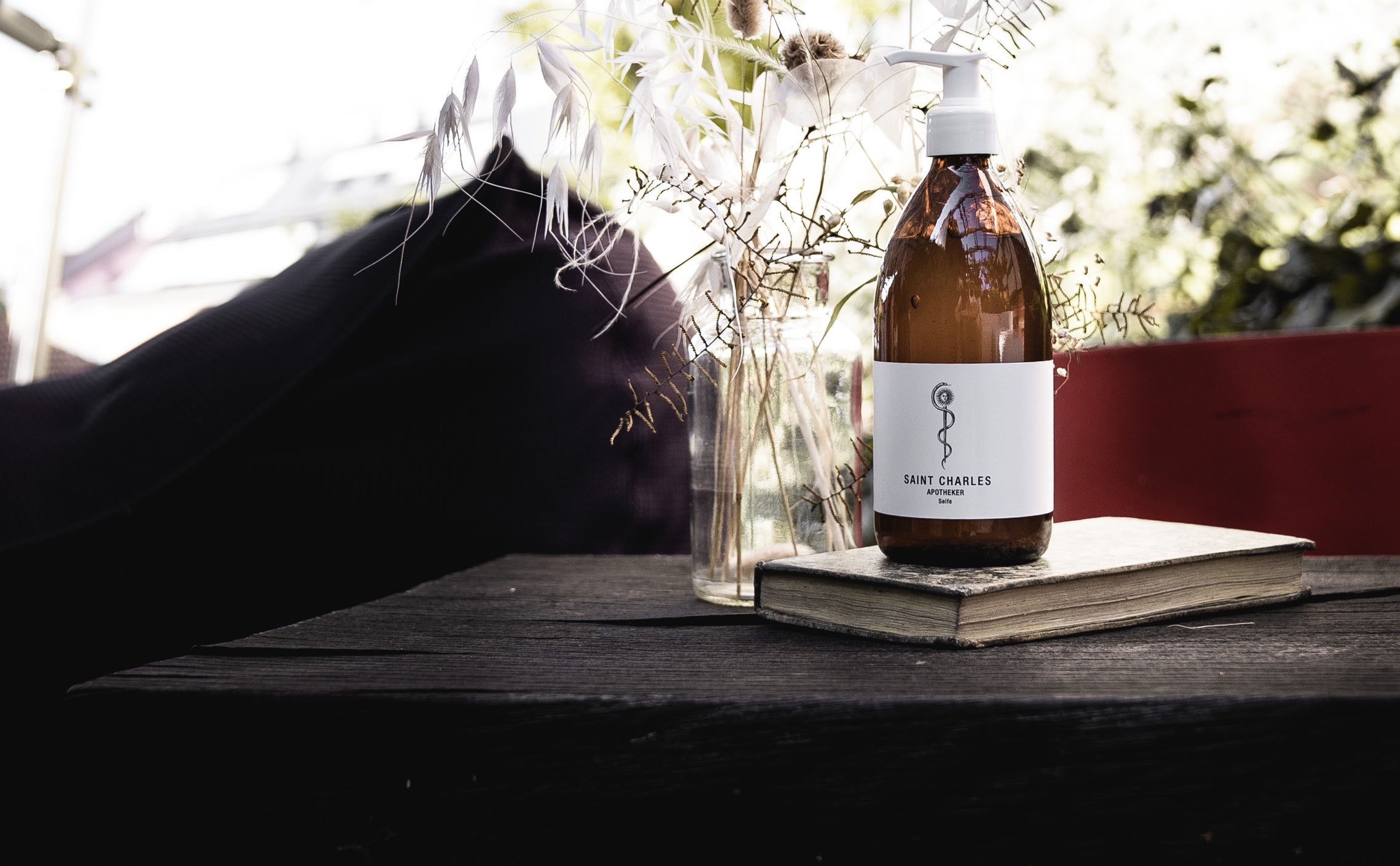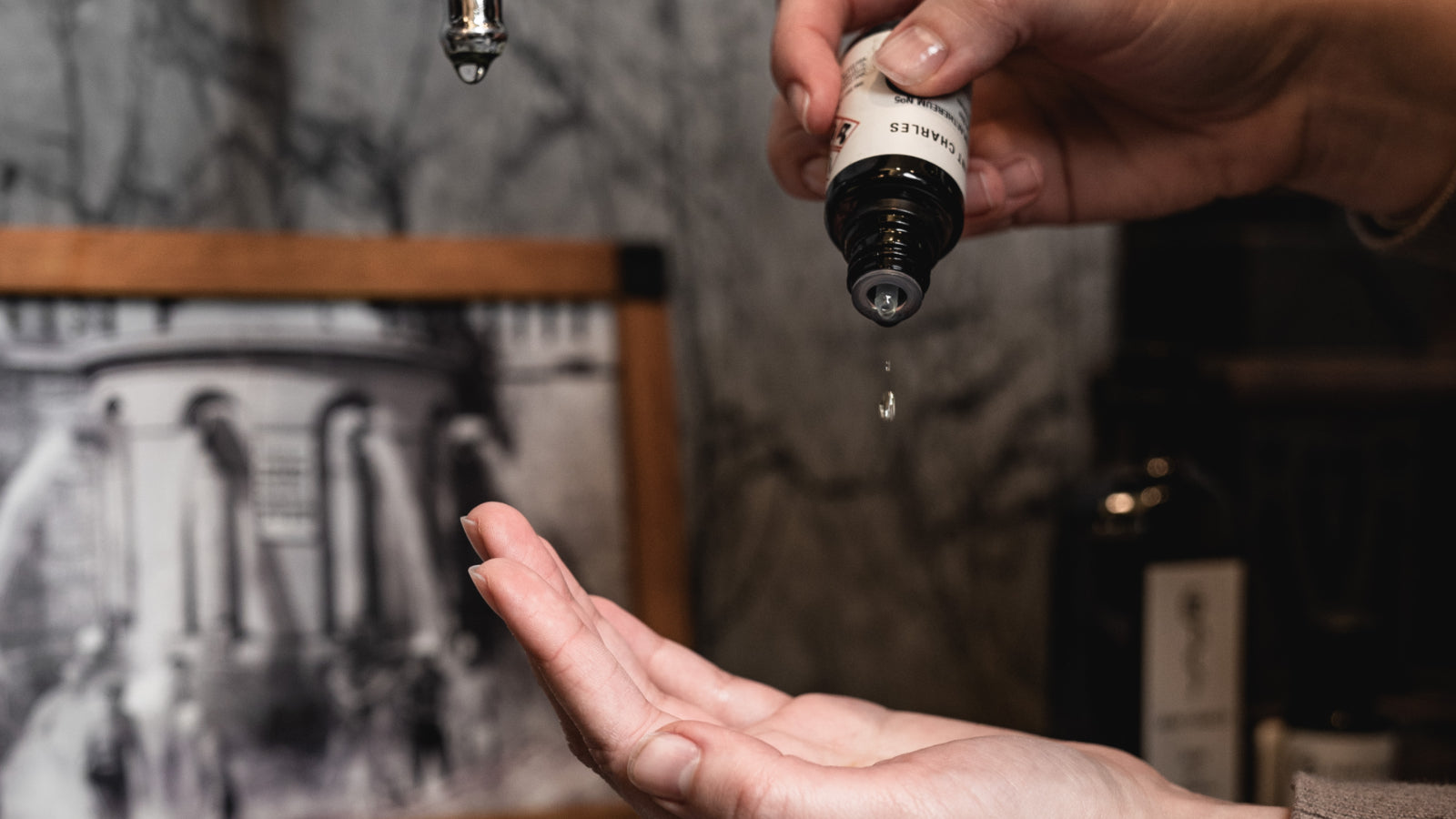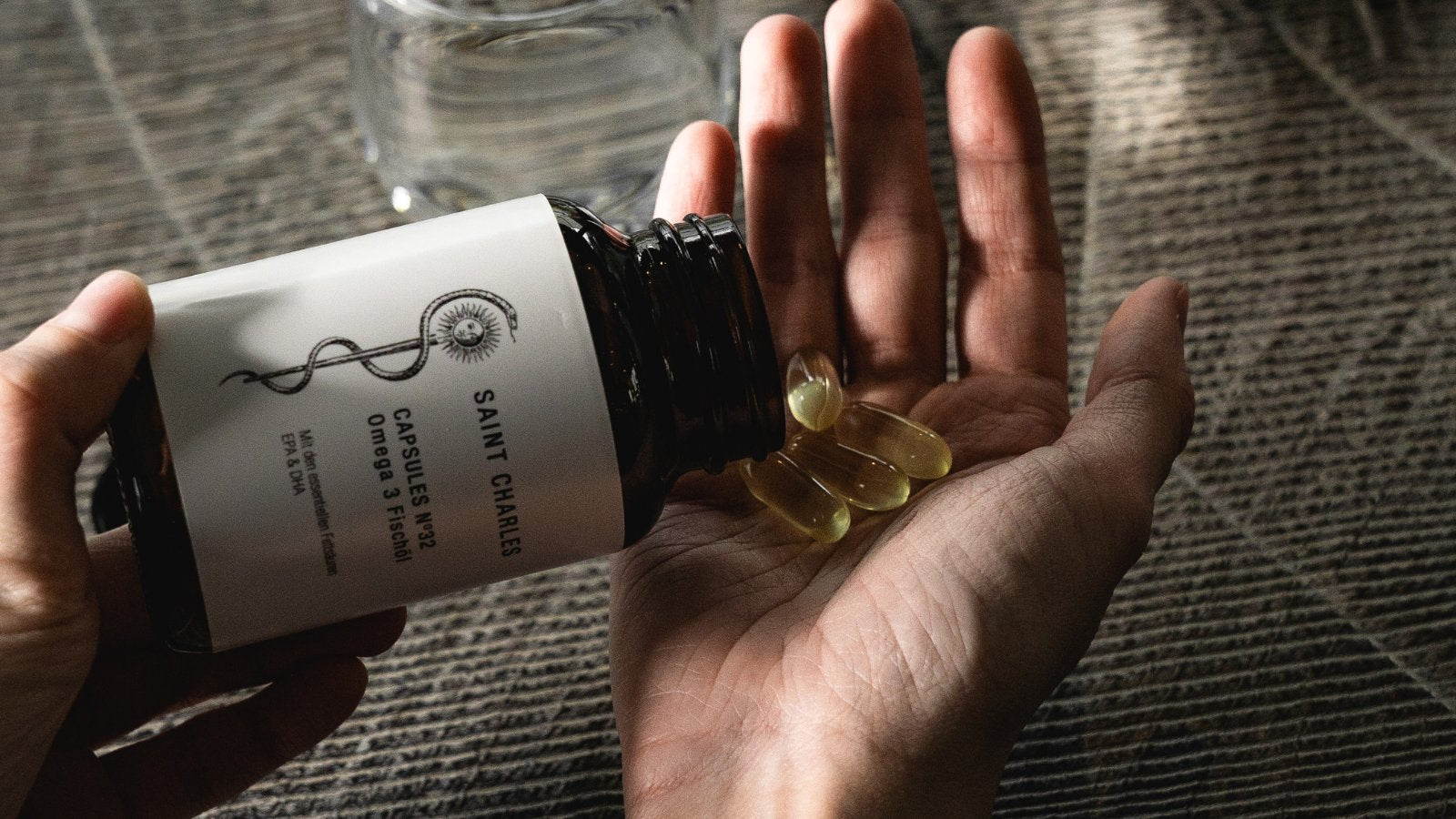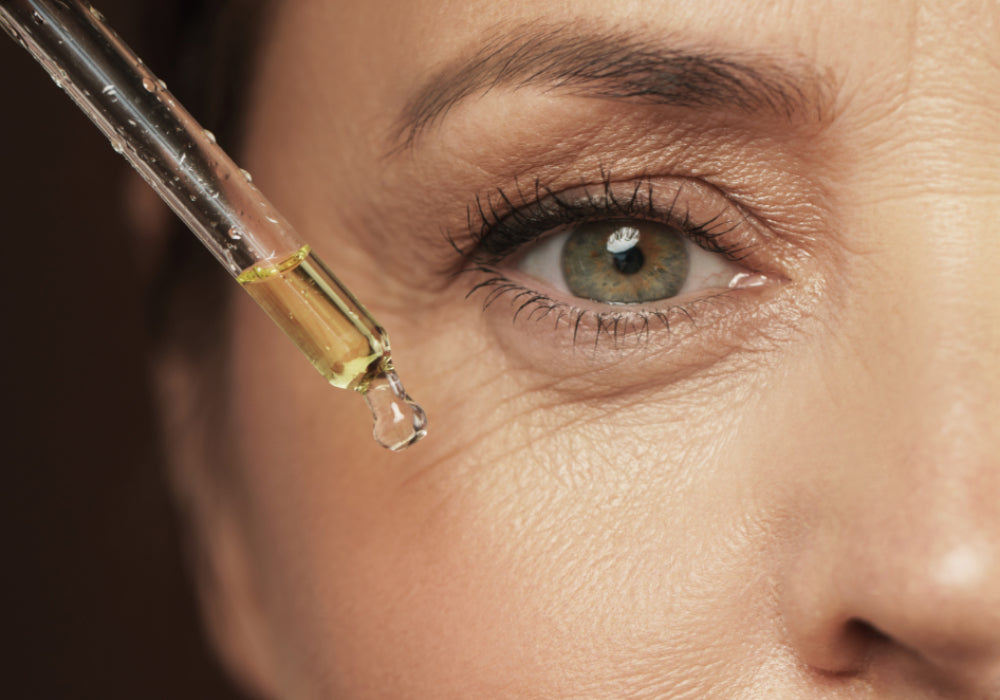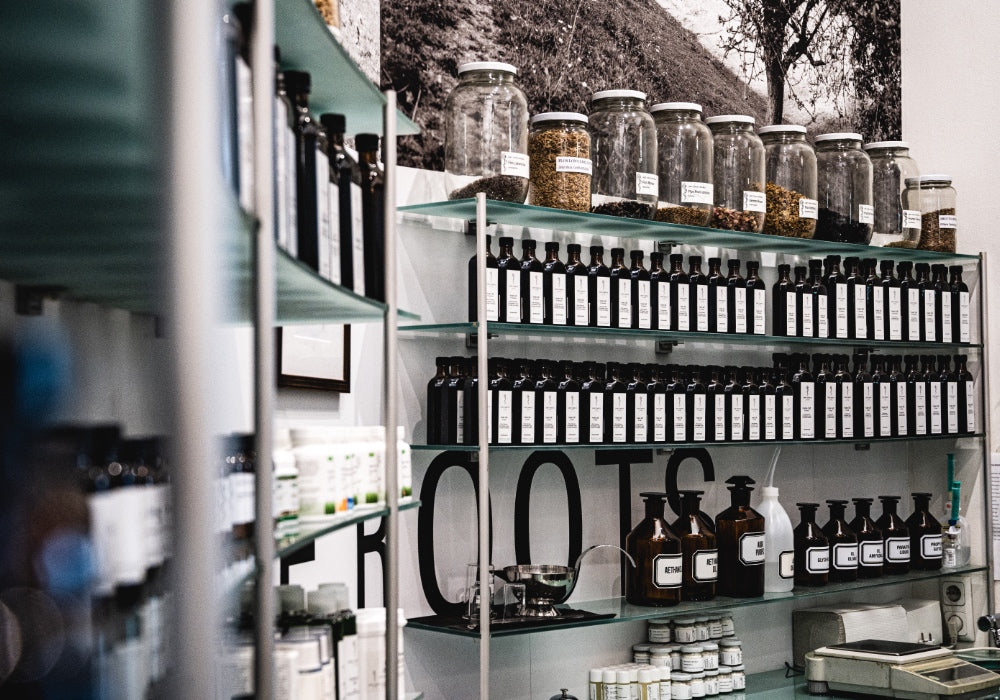The pleasant-aromatic smelling medicinal plant of the year 2020 lavender is scientifically well researched. Around 280 ingredients have already been identified in the medicinal plant. Essentially, the healing power of lavender comes from the active ingredients contained in the essential oil. First and foremost is linylacetate. This is not only responsible for the typical lavender scent, but also supports, among other things, the serotonin release in the brain. If one pours out too little serotonin, complaints such as headaches, disorders of the gastrointestinal tract, cardiovascular problems, up to eating and sleeping disorders can occur.
Healing effects of lavender
The effective ingredients in lavender include the essential oil and tannins in the flowers. The essential oil has antibacterial and antiviral properties and thus has germicidal, decongestant, analgesic, blood pressure balancing and relaxing effects. Thus, lavender is considered one of the most effective plants for states of restlessness, insecurity and anxiety. However, its effectiveness has also been confirmed for classic functional complaints such as headaches, migraines, gastrointestinal complaints, heart complaints and respiratory complaints.
Application of lavender
Lavender can be used both externally and internally. Internally, lavender can be used, for example, in the form of tea or a tincture. As a rule, however, lavender oil is mainly used externally. In aromatherapy, the essential oil isolated from lavender flowers is even considered "all-rounder", as it is versatile, both alone and in mixtures with other essential oils. In terms of dosage, it should be noted that 1 - 4 drops of essential oil, which is 20 - 80 milligrams, is considered an effective dose. At the same time, as one of the few essential oils, it may also be applied directly (undiluted) to the skin. Externally, the oil also helps with skin impurities, itching and various types of fungi due to its soothing and healing effect on the skin.
How to apply lavender?
- For nervous complaints, restlessness, anxiety, insomnia and digestive problems, it is recommended to prepare a Lavender tea.
- For circulatory disorders, a full bath with lavender flower extracts can be useful.
- For a massage with lavender oil mix one to three drops of lavender oil in four to five tablespoons of a fat base oil (eg almond or jojoba oil). A massage is particularly recommended for headaches or neck tension.
- For colds, colds, sore throats and bronchitis, aromatherapists recommend a inhalation with lavender oil.
- A "dry inhalation" with lavender oil can relieve anxiety, sleep problems, nervousness, stress and panic attacks: Rub a drop of lavender oil in the palms of your hands, then smell it.
For lavender oil and other essential oils, use only 100 percent natural essential oils - preferably those derived from plants grown organically or collected from the wild.
Copyright©: Robin König Media
